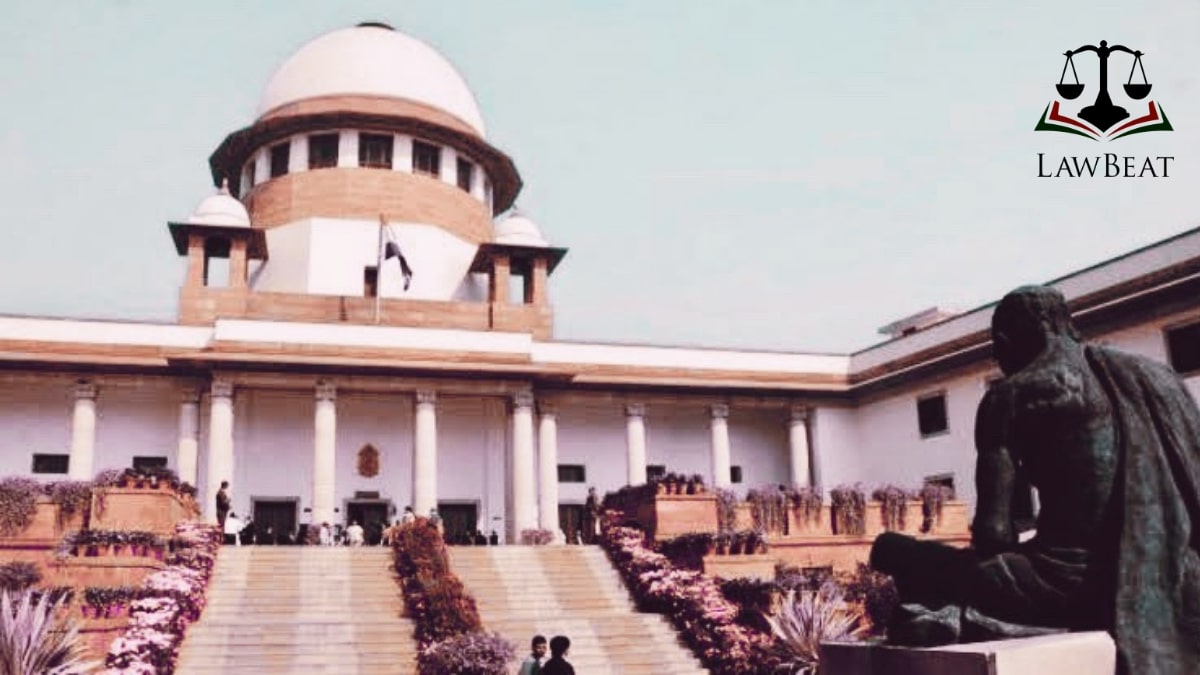Jamait Ulama-I-Hind moves Supreme Court seeking impleadment in plea challenging Places of Worship Act, 1991

Jamait Ulama-I-Hind has filed an impleadment application before the Supreme Court with regard to the Writ Petition filed by Advocate Ashwini Upadhyay under Article 32 of the Constitution of India challenging the constitutional validity the Places of Worship (Special Provisions) Act, 1991.
The Places of Worship Act 1991 was challenged before the Supreme Court last year stating that "the Act has taken away the power of the Court and Religious Sects to restore their places of Worship". Notice was issued on the petition in March 2021.
Also, Co-Mutawalli of Teeley Wali Masjid, a 350-year old mosque in Lucknow had then moved an application for intervention in the matter.
Jamait Ulama-I-Hind has submitted in its application that since the petition proceeds on the basis that the impugned provision, i.e., Sections 2, 3 and 4 of the Places of Worship Act, preventing members of the Hindu Community from reclaiming those places of worship, which were Hindu places of worship but were allegedly, converted by Muslim invaders, it is apparent that the present petition seeks to indirectly target places of worship which are presently of Muslim character.
It is further submitted that the Act of1991 is intrinsically related to the obligations of a secular State and it reflects the commitment of India to the equality of all religions.
"..the Places of Worship Act is an affirmation of the solemn duty which was cast upon the State to preserve and protect the equality of all faiths as an essential constitutional value, a norm which has the status of being a basic feature of the Constitution", the application adds.
It is argued that the law speaks to our country's history and to the future of the nation. It adds,
"Historical wrongs cannot be remedied by the people taking the law in their own hands. In preserving the character of places of public worship, Parliament has mandated in no uncertain terms that history and its wrongs shall not be used as instruments to oppress the present and the future."
Referring to the case of M. Siddiq (Ram Janmabhumi Temple-5 J.) v. Suresh Das, Jamait Ulama-I-hind has argued that the petition is seeking nothing but a correction of historical wrongs, which, as held by the Supreme Court, is not something which can be done.
The applications drawn by Advocates Ejaz Maqbool, Shahid Nadeem, Akriti Chaubey and Saif Zia, has further claimed that there is no conflict between the Wakf Act and the Places of Worship (Special Provisions) Act,1991as alleged in the instant plea, as Section 7 of the 1991 Act gives it an overriding effect over other enactments.
Last month, another plea was filed in the Supreme Court challenging the provisions of the Places of Worship Act, 1991 stating that religious fundamentalists’ invasion on the land of India was always followed by the destruction of places of worship of eminence and a place of worship of different religious denomination was constructed or established over the ruins of the earlier structure and thus, each and every place of worship of eminence of Sanatan (Hindu) religion has one or more place of worship of a particular religious denomination in its vicinity.
Case Title: Ashwini Upadhyay vs. Union of India and Ors.
